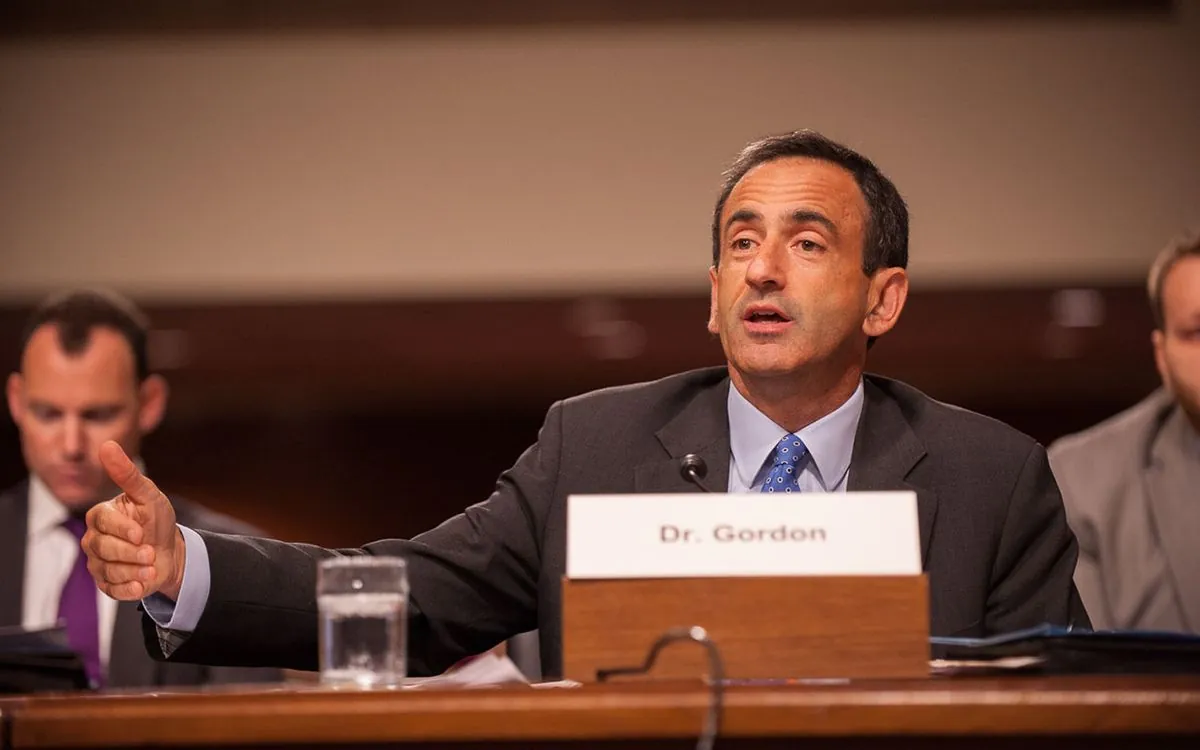Harris's Potential Shift in U.S.-Israel Policy: Adviser's Early Concerns Revealed
Vice President Kamala Harris's national security adviser, Phil Gordon, expressed early doubts about Israel's Gaza strategy. This insight offers a glimpse into potential policy changes should Harris become president.

In the aftermath of Israel's ground invasion of Gaza, which began in late October 2023, new information has emerged about the concerns of Kamala Harris's national security adviser, Phil Gordon. These revelations provide insight into potential shifts in U.S.-Israel policy should Harris ascend to the presidency.
Gordon reportedly harbored doubts about Israel's military strategy and the U.S. response even before the invasion commenced. His concerns centered on the potential humanitarian consequences of Israel's goal to destroy Hamas, fearing it might lead to widespread destruction in Gaza. This perspective aligns closely with Harris's views on the conflict, according to sources familiar with their discussions.

The relationship between Harris and Gordon has grown stronger as the vice president's role in foreign policy has expanded. Their collaboration on formulating responses to key moments in the Israel-Gaza war offers clues about potential policy changes under a Harris administration.
If Harris were to win the presidency, she is expected to conduct a comprehensive review of U.S.-Israel policy. This analysis, likely led by Gordon, could result in significant changes, including the possibility of imposing conditions on some aid to Israel – a step that President Joe Biden has largely avoided.
It's important to note that the United States provides Israel with approximately $3.8 billion in military aid annually. This substantial support has been a cornerstone of U.S.-Israel relations for decades.
Harris's approach to foreign policy is reportedly influenced by her background as a prosecutor, with a focus on international humanitarian law and the "rules-based order." This perspective has informed her public statements on the conflict, including her assertion that while Israel has a right to defend itself, "it matters how."
"There are no excuses for not allowing more aid into Gaza."
The ongoing Israel-Gaza war has created deep divisions within the Democratic Party since Hamas's attack on October 7, 2023. This attack resulted in approximately 1,200 deaths and 250 hostages. In response, Israel's military campaign has led to over 40,000 Palestinian casualties, according to the Gaza Health Ministry, creating a severe humanitarian crisis in the enclave.
While specific policy changes under a potential Harris administration remain unclear, there are several steps the U.S. could take to alter its relationship with Israel. These might include recognizing rulings from international bodies, such as the International Court of Justice's July 2023 decision calling for an end to Israel's occupation of Palestinian territory.
It's worth noting that the two-state solution, which envisions an independent Palestinian state alongside Israel, remains a key goal for many in the international community. However, progress towards this solution has been elusive, with ongoing challenges such as Israeli settlements in the West Bank and East Jerusalem, which have been occupied since the 1967 Six-Day War.
As the situation in the Middle East continues to evolve, the potential for a shift in U.S. policy under a Harris administration adds another layer of complexity to an already intricate geopolitical landscape. The coming months and years will likely bring further developments in this critical area of international relations.


































